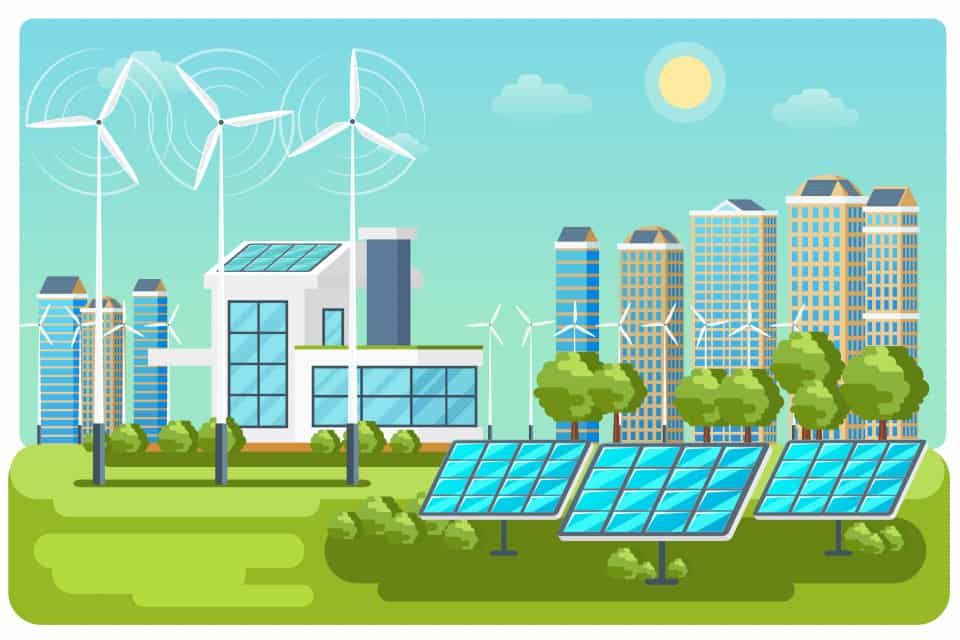How can businesses ensure their workforce strategies align with sustainability goals? As global priorities shift, companies are reimagining their recruitment practices to meet these new expectations. It’s not just about filling roles anymore; it’s about creating a sustainable future.
This approach benefits the environment, improves business performance, and attracts like-minded professionals. Sustainability recruitment is becoming a key driver in aligning workforce goals with environmental priorities. Let’s dive into how sustainable recruitment strategies are reshaping workforce development.
Tailoring Recruitment Strategies to Sustainability Goals
For businesses aiming to align with sustainability objectives, customized recruitment solutions are essential. Services that focus on identifying eco-conscious talent ensure companies find candidates aligned with their green initiatives. This tailored approach includes sourcing professionals with expertise in renewable energy, waste reduction, and sustainable innovations. Expert recruitment services also help businesses design roles that integrate environmental responsibility into their operations. By focusing on long-term talent development, organizations create teams that drive meaningful change.
Embracing Green Skills in Workforce Planning
Businesses are prioritizing green skills to meet sustainability goals and remain competitive. By focusing on skills like renewable energy expertise, waste management, and eco-friendly innovations, companies are preparing for a future-driven economy. These skills also align with corporate social responsibility, showcasing businesses as proactive and forward-thinking. Workforce strategies that include eco-conscious talent are essential for long-term growth.
Recruitment practices are adapting to identify candidates who understand the importance of sustainability. This means going beyond qualifications and assessing a candidate’s values and commitment. When organizations hire for aligned values, they build teams ready to champion sustainable practices.
Creating Job Roles for a Sustainable Future
The shift toward a green economy has introduced new job roles across industries. From environmental consultants to renewable energy engineers, companies are redefining their workforce structures. These roles ensure businesses remain adaptable and innovative in tackling environmental issues.
By embedding sustainability into job descriptions, companies clearly signal their commitment to environmental responsibility. This approach attracts professionals passionate about meaningful work. Sustainable job roles are a practical step toward achieving corporate sustainability targets.
Using Technology to Transform Recruitment
Digital tools are revolutionizing recruitment practices with a focus on sustainability. Platforms now help companies identify candidates who value green initiatives. Data analytics plays a crucial role, offering insights into hiring trends and helping refine strategies.
Virtual interviews and digital onboarding processes also reduce the carbon footprint of hiring. This technology-driven approach not only saves resources but also appeals to environmentally conscious candidates. Adopting these innovations ensures recruitment processes align with sustainability goals.
Fostering an Inclusive and Sustainable Workforce
A sustainable workforce goes beyond environmental goals; it includes social responsibility. Prioritizing diversity and inclusivity ensures a stronger, more equitable workforce. Diverse teams bring unique perspectives that drive innovative and eco-friendly solutions.
Businesses are designing programs to encourage participation from underrepresented communities in sustainable industries. By doing so, they address social inequalities while contributing to green goals. An inclusive approach strengthens workforce development and builds a better future for all.
Building a Resilient Workforce for a Sustainable Future
A sustainable workforce is one that adapts to changing issues while maintaining long-term stability. Organizations are focusing on hiring professionals who bring flexibility, innovation, and eco-conscious mindsets to their roles. This approach ensures teams can tackle environmental and economic shifts effectively. In addition, fostering resilience within the workforce involves promoting employee well-being and creating supportive environments.
Measuring the Impact of Sustainable Recruitment
Measuring progress is essential for refining sustainable workforce strategies. Businesses are using key performance indicators to track the impact of their hiring practices. Metrics like employee retention, sustainability initiatives, and diversity rates provide valuable insights. These metrics also ensure transparency, allowing companies to showcase their commitment to sustainable practices.
Embracing sustainability recruitment is the key to redefining workforce development. Adopting sustainable recruitment practices is more than a trend; it’s a necessity for forward-thinking organizations. By prioritizing green skills, inclusive hiring, and technology, companies position themselves as leaders in workforce development. These practices not only address environmental issues but also create resilient, adaptable teams.



